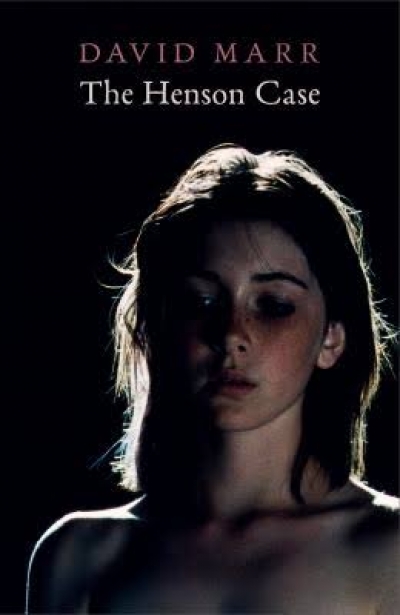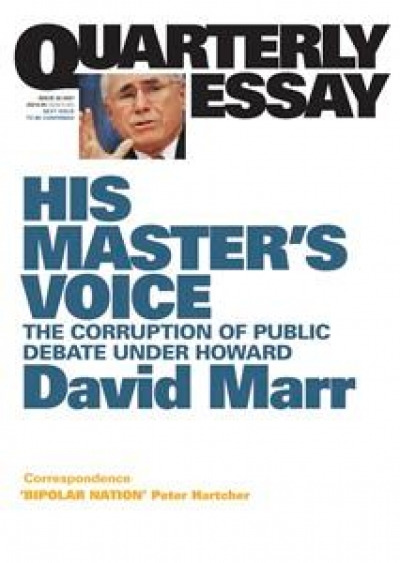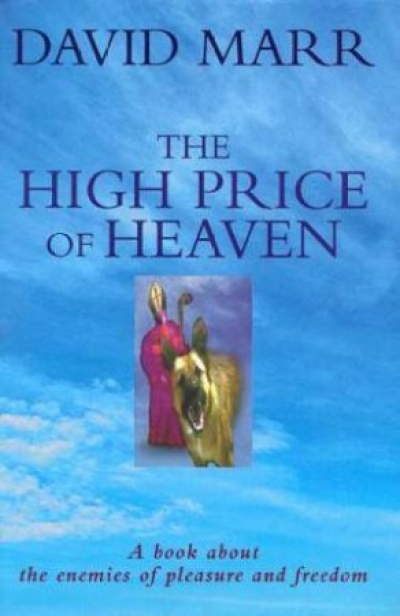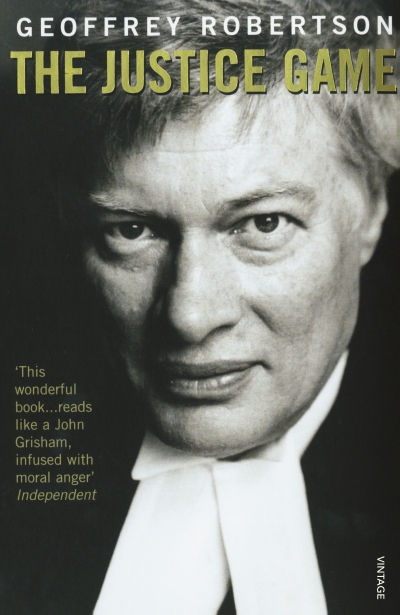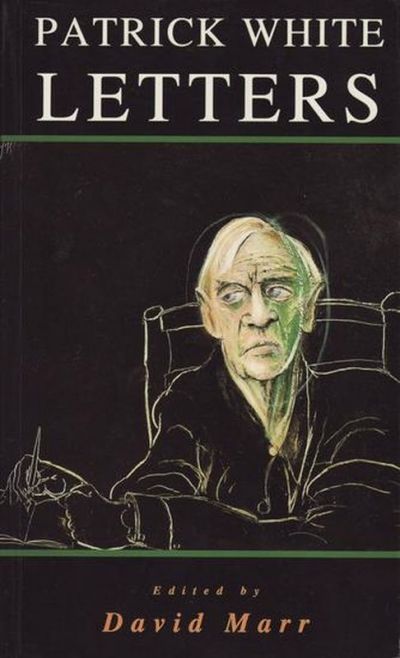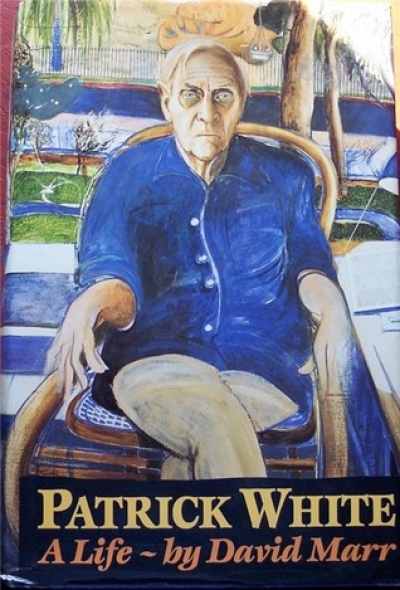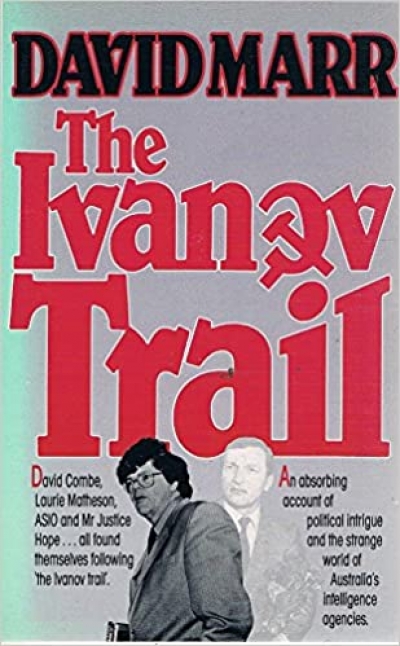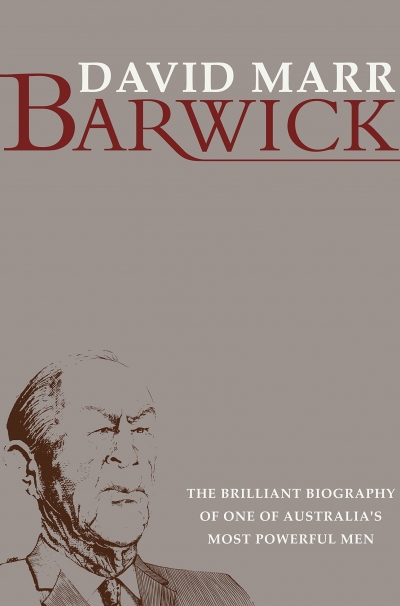David Marr
Film | Theatre | Art | Opera | Music | Television | Festivals
Welcome to ABR Arts, home to some of Australia's best arts journalism. We review film, theatre, opera, music, television, art exhibitions – and more. To read ABR Arts articles in full, subscribe to ABR or take out an ABR Arts subscription. Both packages give full access to our arts reviews the moment they are published online and to our extensive arts archive.
Meanwhile, the ABR Arts e-newsletter, published every second Tuesday, will keep you up-to-date as to our recent arts reviews.
Recent reviews
His Master’s Voice: The corruption of public debate under Howard (Quarterly Essay 26) by David Marr
I can’t let you have my ‘papers’ because I don’t keep any. My mss are destroyed as soon as the books are printed. I put very little into notebooks, don’t keep my friends’ letters … and anything unfinished when I die is to be burnt. The final versions of my books are what I want people to see …
(Patrick White, reply to Dr George Chandler, Director General, 9 April 1977, National Library of Australia, MS 8469)
... (read more)
